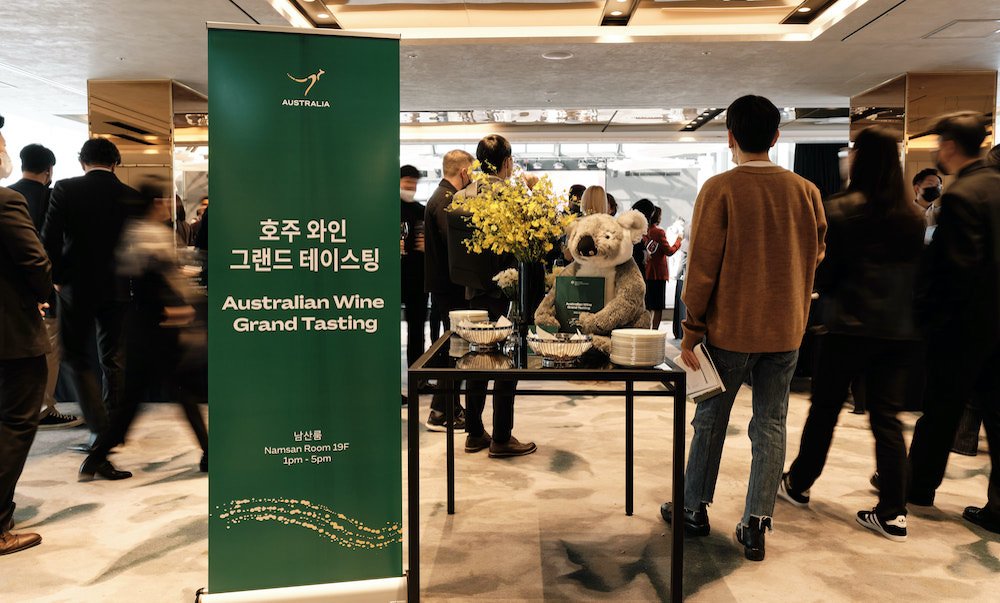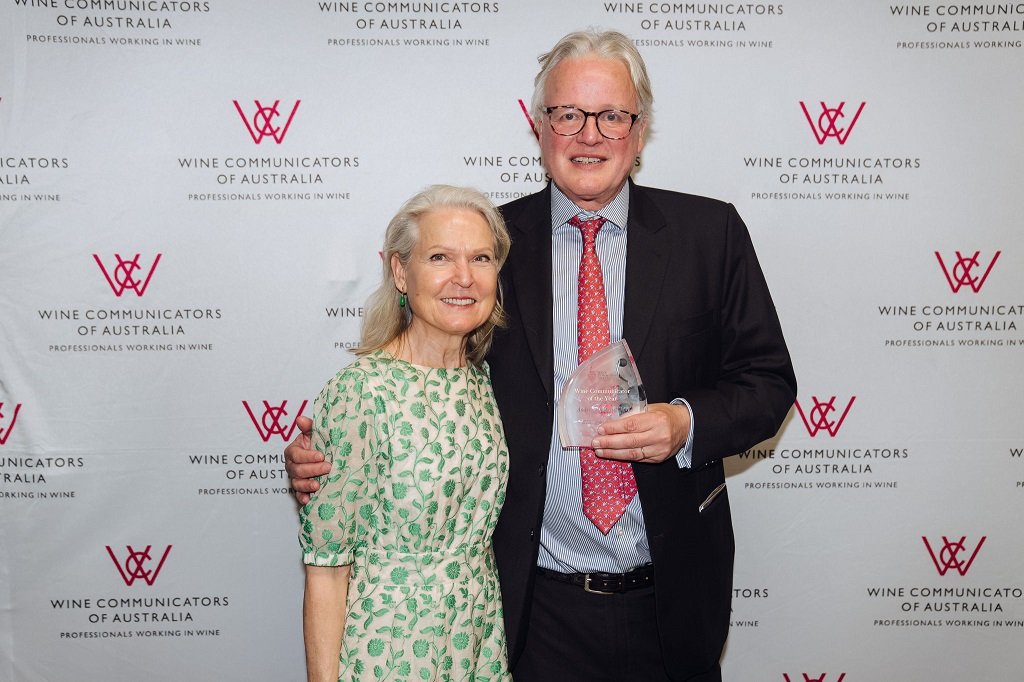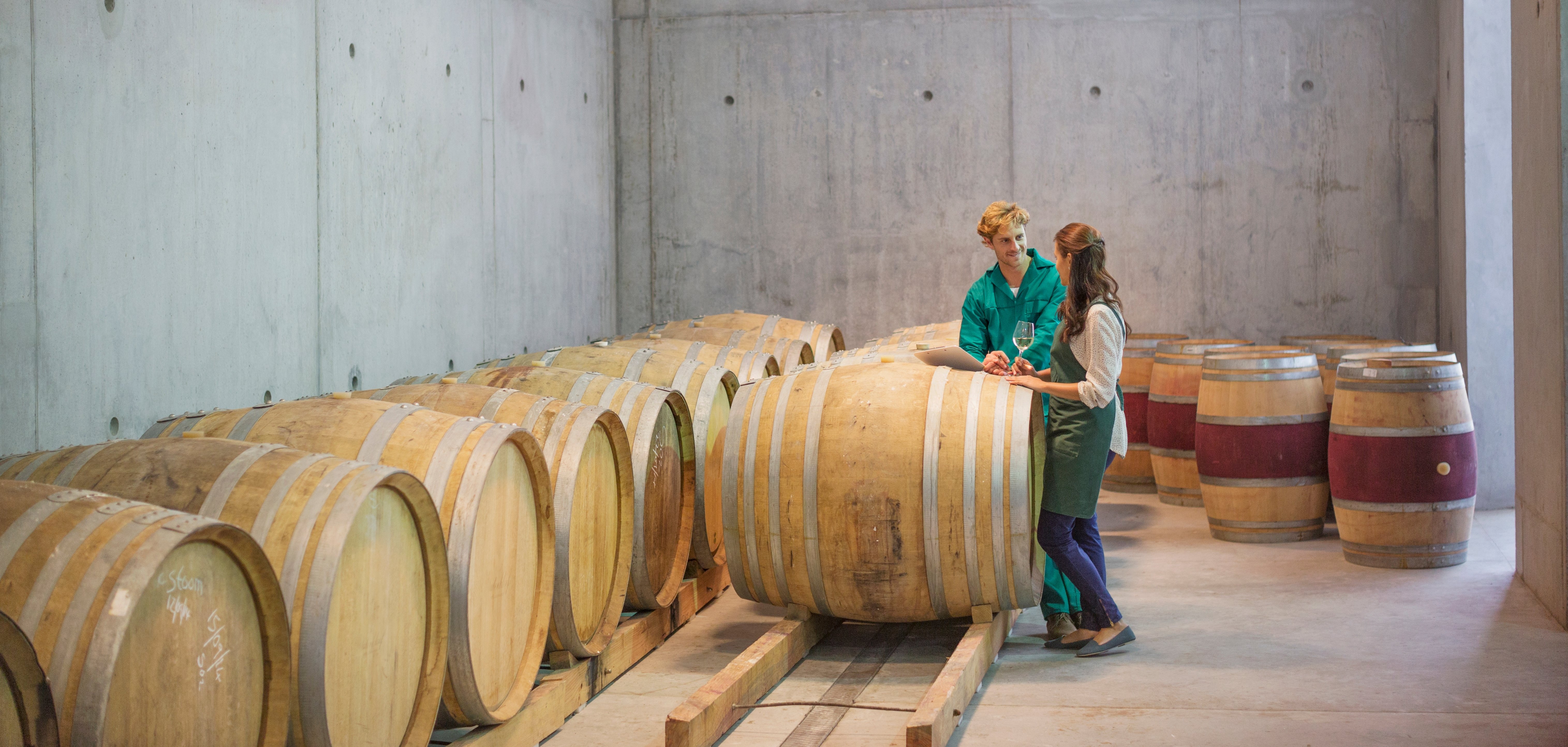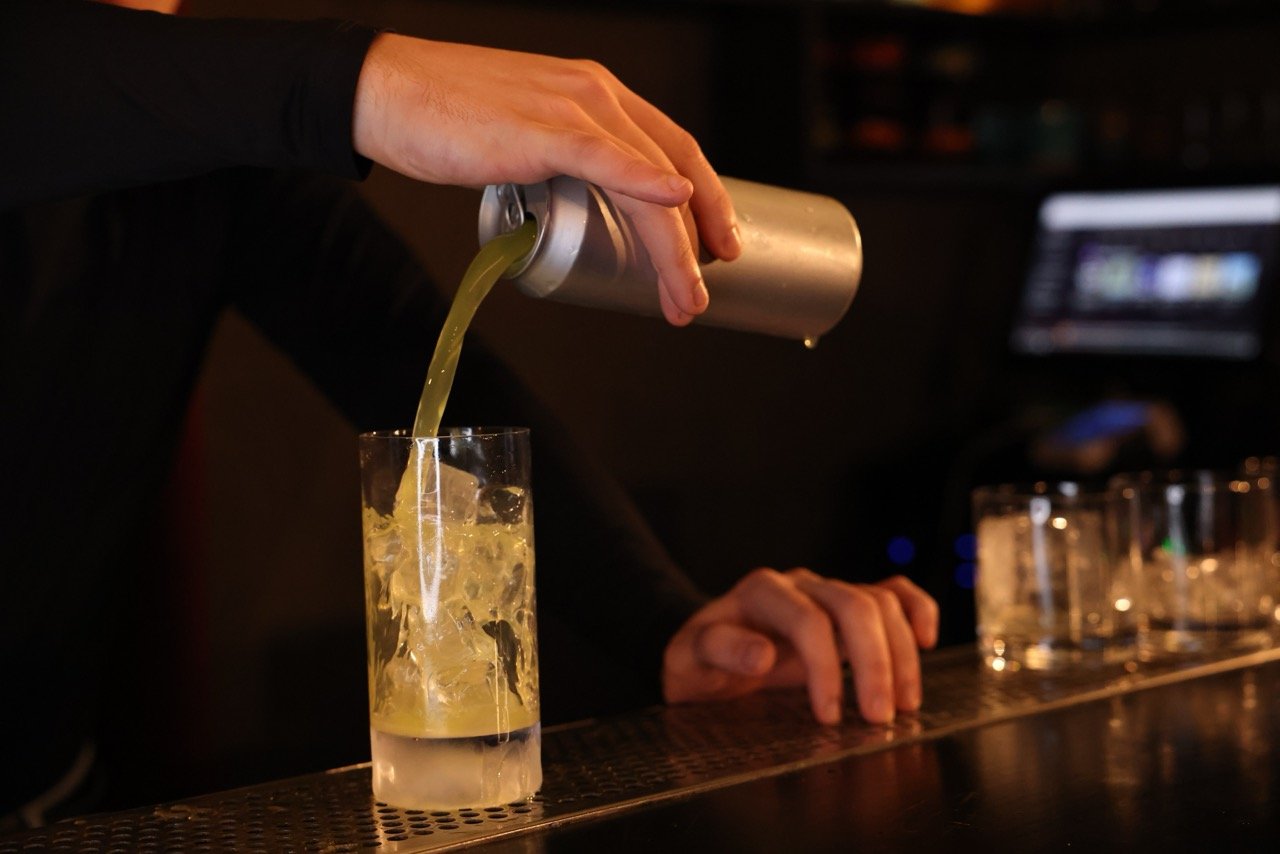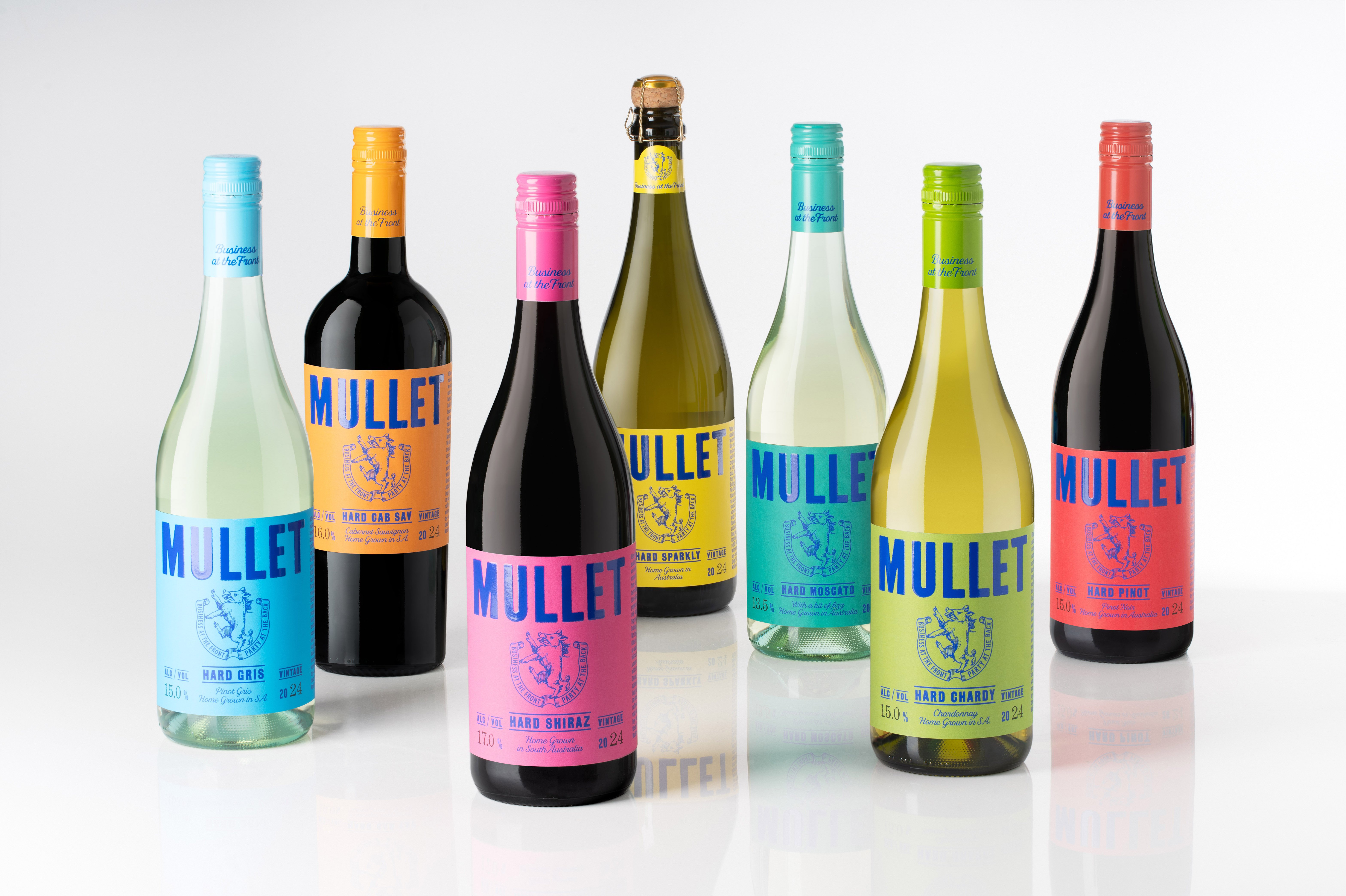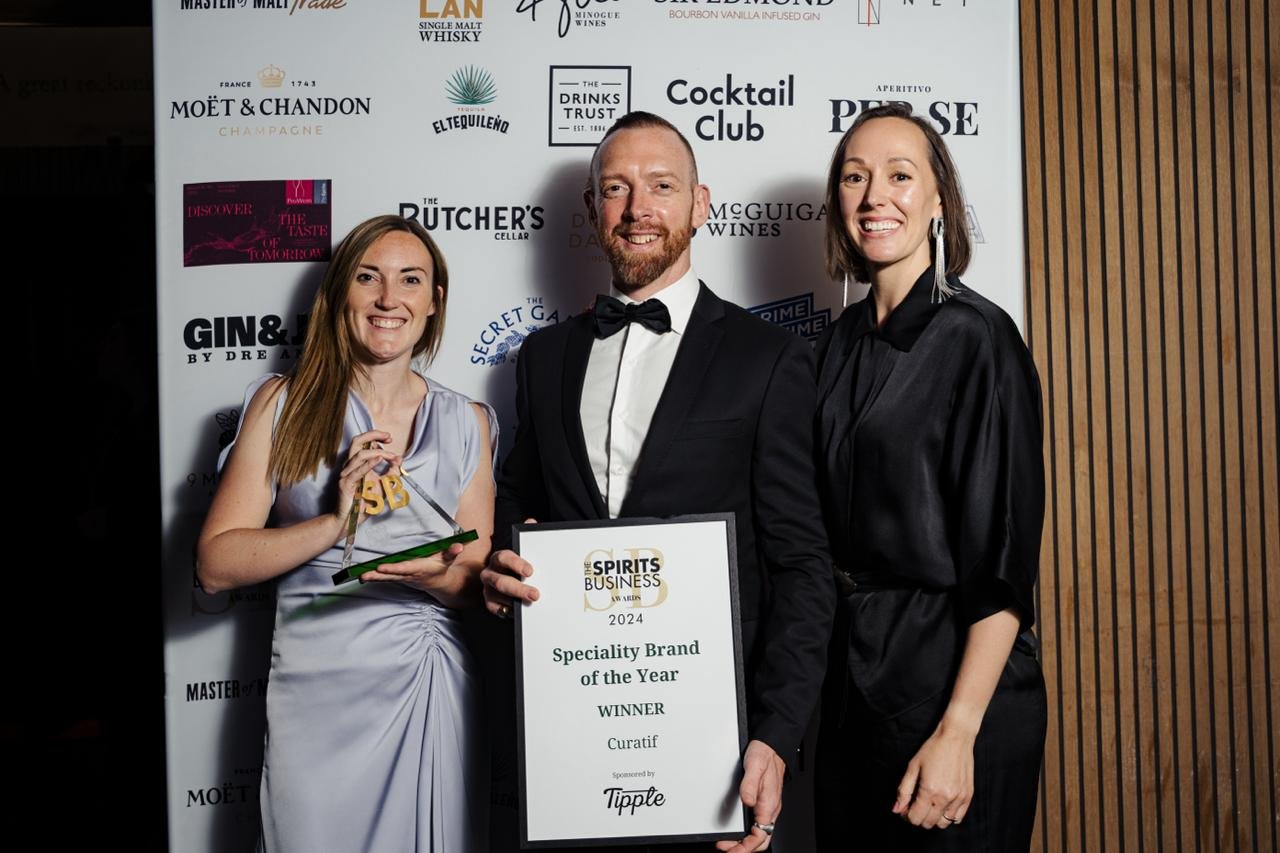From natural reds and whites to sparkling varieties, South Korea’s millennials are breaking with tradition to forge one of the world’s newest dynamic wine markets.
With bars and restaurants closed during the pandemic, health-conscious consumers reignited passions for home cooking and found a new one for wine.
In a market traditionally dominated by beer and spirits, young professionals are driving grape-based wine consumption that grew by over 20 per cent in 2020 and 2021, catching the attention of Australian producers.
Accolade Wines and Australian Vintage Limited (AVL) are among the producers paving a path for Australian wines in South Korea’s profitable premium segment, with Accolade reporting to have tripled sales in 2022.
Following a strong period of growth during the pandemic, the total trade volume of imported wine slowed in 2022. Despite the decline, South Korea’s maturing market has around 12.6 million wine drinkers across various segments, up from 10.2 million in 2017. Nearly 5.5 million of those consume wine at least once a week, up 8% since 2019.
Korean consumers spend more on average per bottle than other markets opening opportunities for Australian premium wines. Australia is currently the sixth-largest supplier of imported wine, both by value and volume. Total wine exports reached $44.3 million in 2022, more than doubling in three years.
The key to success for brands like Accolade and AVL is focusing on the premium market, wine education and ecommerce strategy.
Australian wines an affordable luxury
For South Koreans, wine consumption plays into the premium space associated with trendy, successful and healthy lifestyles. Wine is seen as a drink to mark special occasions but also to pair with food at home, at casual dining spots like cafes and lounges as well as fine dining restaurants.
Red wine preference is driven by health perceptions while white and sparkling are chosen for their refreshing flavours. Still, reds and whites dominate the market, with Cabernet Sauvignon, Pinot Noir and Bonarda and Sauvignon Blanc, Chardonnay and Moscato the most popular, respectively. More recently, organic wines and sparkling varieties have grown in popularity.
Australian wines are considered value for money compared to those from France and Italy, opening an opportunity for Australian wine exporters to grow the ‘everyday premium’ market, targeting the $30-50 (30,000 – 40,000 KRW) price range. This involves re-defining perceptions of premium and positioning Australian wines as affordable luxuries that make special moments more accessible.
The Australian Trade and Investment Commission (Austrade) helps Australian wine exporters by providing up-to-date market insights and webinars, business matching for new market entrants and helps existing exporters grow their business through downstream business-to-business networking and tasting opportunities.
Austrade’s on-the-ground market advisors worked with Accolade Wines to launch and grow brands, including Katnook Estate, Arras, and Banrock Station. This included in-market promotions at Austrade and Wine Australia wine tasting events attended by Korean importers, retailers, journalists and social media influencers. Austrade also works with exporters to showcase wines at tradeshows including at Seoul International Wines & Spirits Expo.
Wine education builds brand loyalty
South Koreans show a strong interest in wine despite a lack of knowledge of different products. Australian brands can use marketing to educate curious consumers while building brand loyalty. Austrade and Wine Australia have contributed to multiple in-store campaigns promoting awareness of Australian wine brands helping to raise awareness and sell over 50,000 bottles over a month period. Austrade advisors also worked with Accolade Wines on the establishment of Leave Your Mark Young Sommeliers Education Program in 2022 aimed at building long-term demand for Australian wines in South Korea.
Wine is seen as a healthy alternative to beer and spirits like soju. Positioning Australian wines as natural, organic and sustainable is a way to stand out. Brands can benefit from tapping into Australia’s reputation for quality, sustainability, natural ingredients and a laid-back and stress-free attitude.
Investing in market research can inform educational campaigns that speak to consumers. For example, South Koreans enjoy a variety of foods, including spicy dishes, so Australian producers should promote the rich diversity of wine varieties and styles that are available and educate consumers on which Australian wines complement specific foods and flavours.
It is important for Australian exporters to partner with Korean agencies to develop marketing strategies that keep younger/trend-sensitive consumers for long-term business growth as the market matures.
Ecommerce a winner for new entrants
AVL has found success through South Korea’s growing ecommerce wine market, increasing sales over the past 12 months for its Tempus Two and McGuigan varieties. Following participation in Austrade’s business matching and tasting events, AVL struck up a deal matched with Purple Dog, a market leader in wine subscription services.
Since 2020, click and collect sale of alcohol has been permitted by the Korean government. Ecommerce allows brands to target new consumers who find researching and selecting wines online to be a non-threatening customer journey.
While Covid restrictions have eased, online sales and subscription services have remained steady, with one in five Korean wine drinkers reporting buying bottles this way. Retailers using alcohol ecommerce order systems have reported an increase in sales, further supporting the importance of this customer journey.
Korean buyers, media and consumers are increasingly impressed with the diversity of Australian wines. Austrade continues to partner with Wine Australia and Australian Grape & Wine to build momentum and provide more opportunities for Australian wine exporters in this growing wine market.
As Austrade’s Trade and Investment Commissioner in South Korea, Helen Oh and her team work to further the interests of Australian wine exporters in the Korean market by providing market insights, identifying opportunities and helping to foster connections needed to launch and grow.
Share the content
